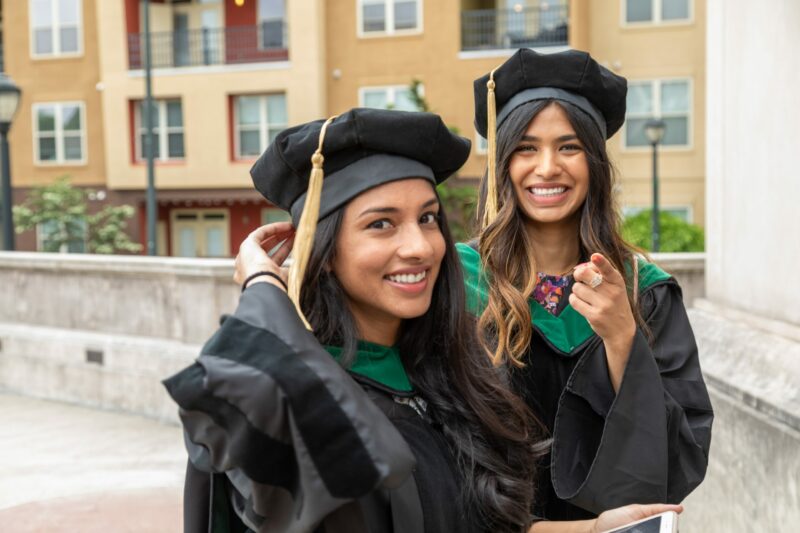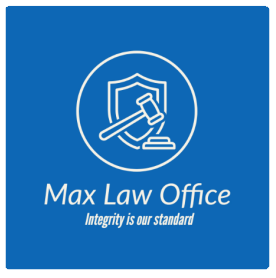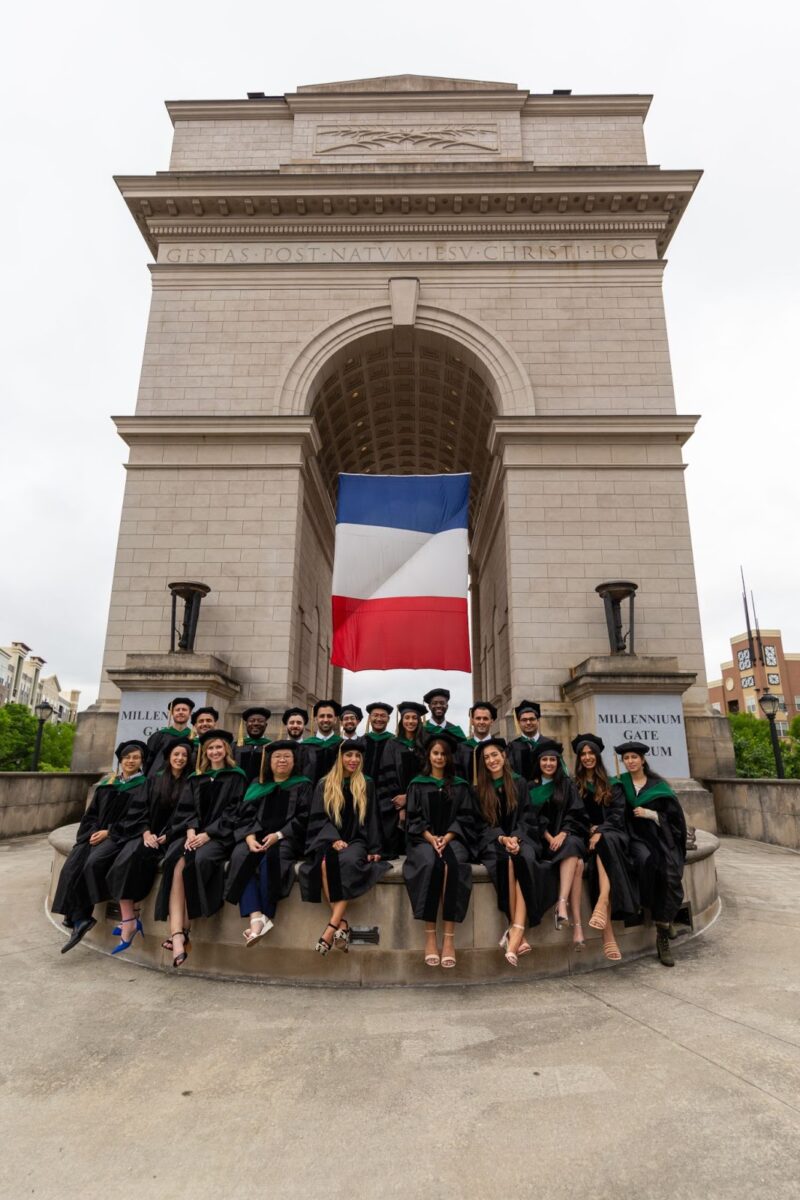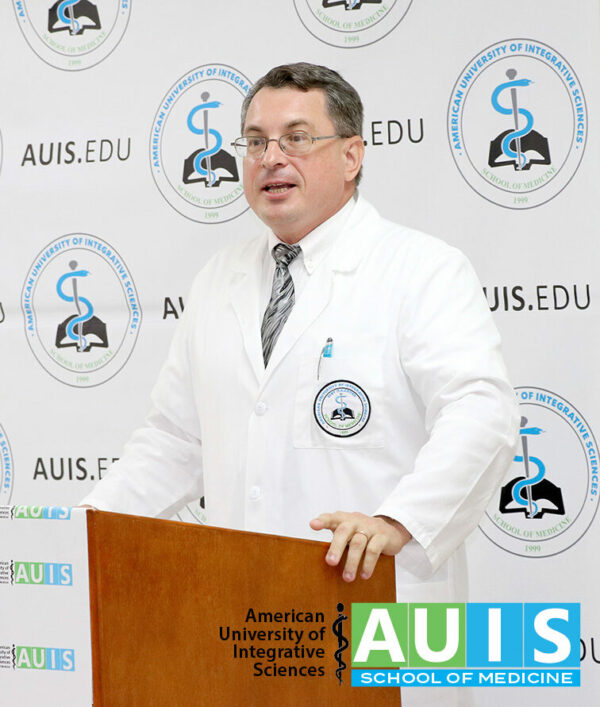To: Students, Faculty, Staff and Families
Subject: Winter 2024 Semester: Suspension of In-person AUIS educational offerings on Island
Date: 12/20/2023
Dear all:
A relevant introduction to our AUIS history
In February 2014, IEMR LLC was engaged to restructure the failing Sint Eustatius School of Medicine, which had fallen into insolvency in Nov of 2013. During the assessment and recovery plan development process IEMR leadership elected to secure control of the then-bankrupt EUSOM student files as a component of an asset purchase, initiated to protect and salvage the careers of some 500 hundred students that would have been adversely impacted by the universities closure and termination of operations.
Over the next four and one-half years, the academic and administrative teams worked diligently to vacate the bankruptcy, restore the academic standards and fiscal footing of the school, expand its offerings, and establish the university as a place of academic excellence, quality, and opportunity for non-traditional students; seeking careers in medicine. In short, most if not all of these objectives were satisfactorily met.
Yet, In the school’s nineteen-year history, it had never actively pursued regional accreditation, a benchmark of recognized academic quality until 2018, when AUIS began the arduous institutional accreditation process, only to be interrupted by the COVID-19 pandemic.
Notwithstanding the pandemic challenges, the AUIS academic team with support from the administrative leadership, pushed forward to submit updated academic accreditation documentation required of its MD program with the final accreditation visit scheduled for November 26th, 2023. CAAM-HP then postponed the visit until mid-January of 2024 due to illness of one of the examiners.
As you are aware, Covid placed a student recruitment deficit and a demanding burden on the operations of our school, lost revenue from diminished clinical rotations due to restrictions on student access to hospital rotations, impedances to easy and cost-efficient travel to and from the island, on island curfews, limited housing and associated on island living cost increases, and a myriad of other disruptions to our normal operational functions all but stopped the school’s continuation.
These influences and others have placed significant economic demands upon our limited available operating resources, resulting in the need to secure external investor capital to continue our post-COVID recovery. During the two-year disruption, while actively seeking investor support, AUIS was forced to secure and accept interim federal Small Business Administration (SBA) funding to support and maintain the ongoing day-to-day operations of the institution. COVID-19’s ongoing impact directly diminished revenue performance most easily seen as a reduction in new enrollment, reduction in clinical rotations, marketing, and recruiting. Notwithstanding all these circumstantial assaults upon our close-knit university, we continued forward with our eye on recovery and the attainment of regional accreditation.
The administration utilized the SBA funding to sustain the school. At the same time, we actively increased our efforts to identify and secure additional external investor capital to support the anticipated underperforming revenue generation expected during the post-COVID recovery period. The actual period of recovery has proven to be longer than anticipated and the restoration to normal growth velocity has been equally challenging, resulting in the exhaustion of our operational capital resources.
Throughout all of this, we have continued to seek, meet, and solicit investor support, from multiple groups including a broad spectrum of varying professional sectors. We believe that we have finally identified an appropriate investor group match and have been in active discussions with them for some time in the hope of arriving upon a relationship structure that would fund the completion of the accreditation process and the additional time required to perfect our full recovery to pre-COVID performance and growth trajectories.
As of this communication, it appears that our earnest efforts to secure a match have been unsuccessful and that the needed funding will not be available in sufficient time and amount to meet the pressing emergency needs of members of our faculty and staff, the accreditation final filing requirements, and our creditors.
Therefore, in an effort to reposition our limited resources and to allow us time to reassess our operations, we have made a decision to suspend the educational offerings on the island for the Winter 2024 semester. We will continue to offer the MD5 program virtually and the clinical program for all currently enrolled students until further notice.
In this operational phase, we will center our activity around supporting the challenging transition facing our students.
It has been a true honor to lead the team that has accomplished so much over these past ten years. I am truly sorry that our challenges with student recruiting and undercapitalization have brought this journey to an uncomfortable pause for our students , so very close to the finish line.
With my heartfelt respect
Milo D. Pinckney









